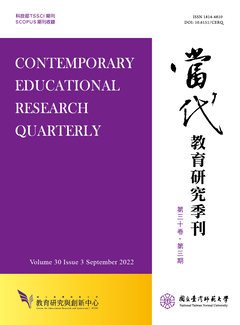

Several international projects of the 2000s have defined 21st- century skills or competencies. These are becoming a new way of speaking about education and curricula. The OECD has been a pioneer in this enterprise. Its comparative measurement approach requires the definition of ‘generic competencies’, independent of different cultures, national curricula and fields of knowledge. By measuring these, the Organisation considers itself able to evaluate the quality and efficiency of national school systems and to create a reliable foundation for their development. This paper critically analyzes the foundations and consequences of this governance strategy by analyzing the contents of the relevant OECD documents and by referring to the scholarly literature on the OECD’s governance, comparative measurement and PISA. The OECD’s abstract, decontextualized conception of competence cannot contribute to sustainability and well-being of society nor provide solutions to global problems. The language of competencies directs education to what can be measured and, in this way, narrows our understanding of the purpose and contents of education and Bildung.

This work is licensed under a Creative Commons Attribution-NonCommercial 3.0 Taiwan License.
Center for Educational Research and Innovation, National Tawain Normal University
162, Ho-Ping East Rd, Sec. 1, Taipei, Taiwan | Tel:+886-2-7749-3670 | E-mail: cerecerq@gmail.com
CERI | NTNU | E-mail Alerts | Open Journal System
© 2014 CERI-NTNU
